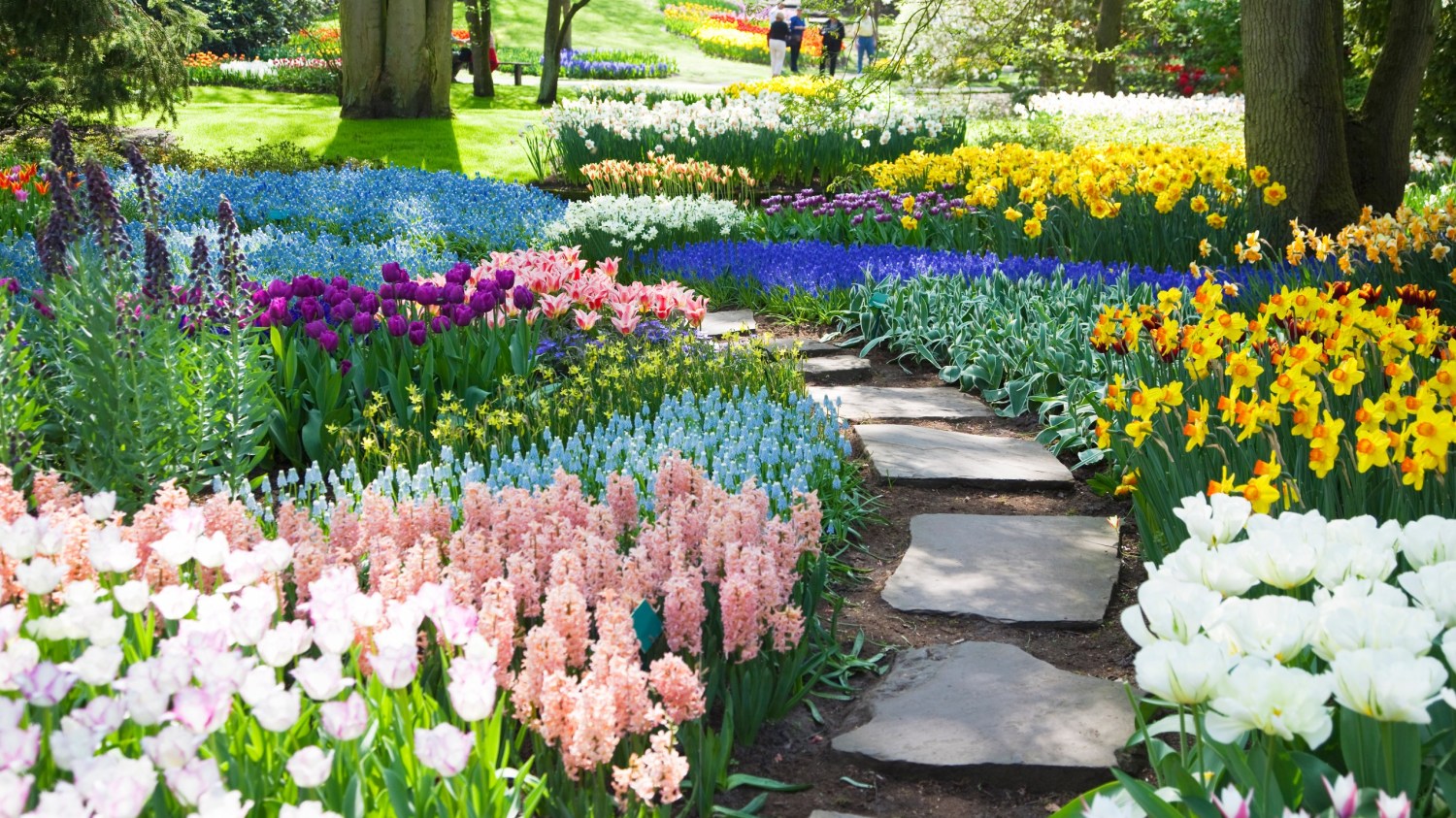The Hidden Helpers: How Bugs Benefit Your Garden

1.Pollination
Pollination is one of the most important services insects provide to a garden. Bees, butterflies, beetles, and even some flies transfer pollen from flower to flower, enabling plants to produce fruits and seeds. Without these essential pollinators, many crops such as tomatoes, cucumbers, apples, and berries would fail to grow, leading to lower yields and reduced biodiversity. Pollinators help maintain the beauty and productivity of gardens by ensuring flowers bloom and fruits set. By planting nectar-rich flowers and reducing pesticide use, gardeners can create a safe haven for these hardworking insects.
2. Natural Pest Control
Beneficial insects act as nature’s pest control squad, helping to manage harmful pests without chemicals. Predatory insects like ladybugs, lacewings, and praying mantises hunt and feed on garden pests such as aphids, caterpillars, and mites. Additionally, parasitic wasps target pests by laying their eggs inside them; as the larvae grow, they eliminate the pest from within. This natural method of pest control reduces the need for harmful pesticides, which can disrupt the ecosystem. By planting companion flowers and providing shelter, gardeners can encourage these helpful predators to stay and protect their plants.
3. Soil Health and Decomposition
Healthy soil is the foundation of a thriving garden, and bugs play a key role in maintaining it. Insects such as ground beetles, ants, and earthworms break down fallen leaves, dead plants, and other organic matter, returning valuable nutrients to the soil. As they burrow and tunnel, they loosen the soil, improving its structure and allowing air, water, and nutrients to reach plant roots. This natural process enhances soil fertility and promotes strong, healthy plants. Compost piles and mulch beds can help attract these decomposers and support their vital work.
4. Biodiversity and Balance
A diverse bug population is essential for a balanced and thriving garden ecosystem. Insects play different roles—some are predators, others are pollinators, and many are decomposers. Together, they create a natural food web where pests are kept in check without the need for chemicals. When one species becomes too dominant, it can harm the garden’s health, but with a variety of bugs working together, the ecosystem stays balanced. Planting a mix of native flowers and avoiding harmful chemicals encourages biodiversity, creating a garden where insects, plants, and animals coexist in harmony.
5. Biodiversity and Balance
Some insects play a surprising but crucial role in helping plants reproduce through seed dispersal. Certain beetles and ants carry seeds away from their parent plants as they search for food. Along the way, they often drop or bury seeds, giving them a chance to sprout in new locations. This process, known as myrmecochory when ants are involved, helps spread wildflowers and other native plants, increasing plant diversity and supporting a healthy ecosystem. By creating a garden with diverse plants and leaving natural areas undisturbed, gardeners can encourage these important insect behaviors.
